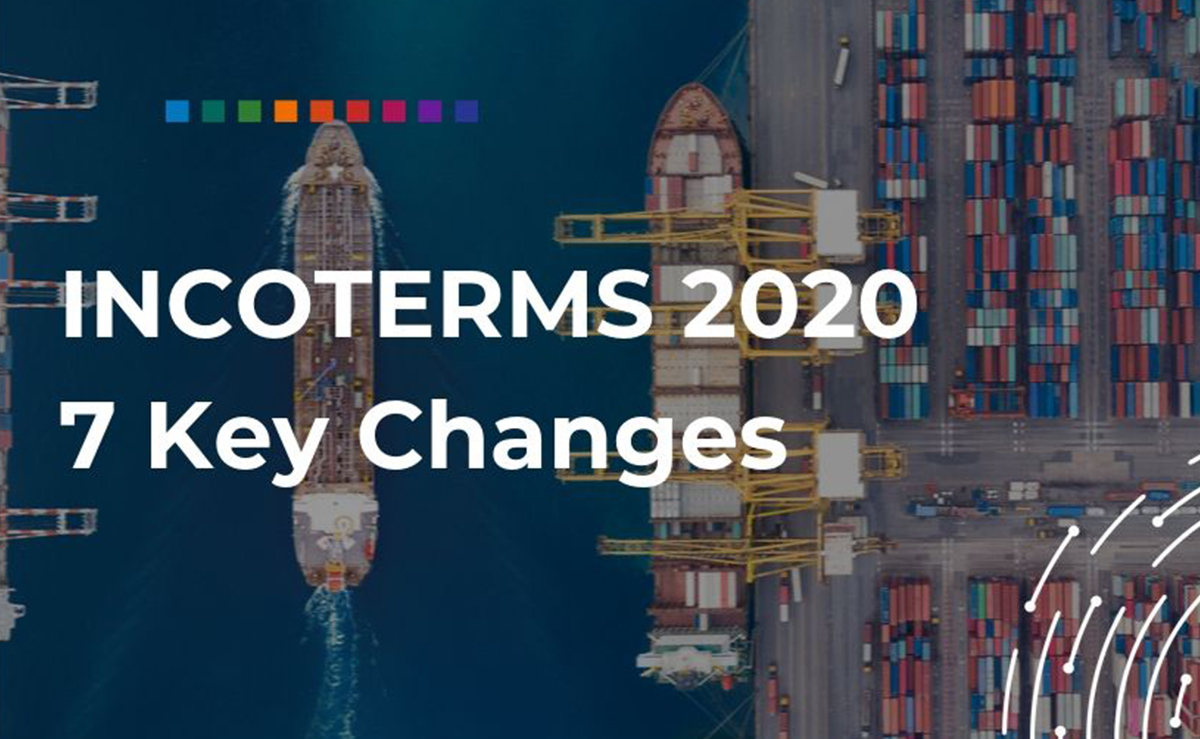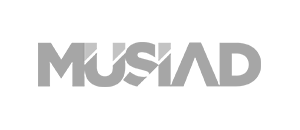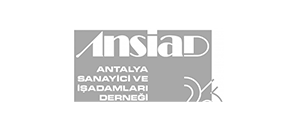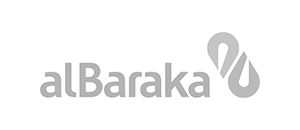What are the key changes in Incoterms® 2020?
On 1 January 2020, Incoterms® 2020 ushered in a new era for the world’s most essential terms for trade. The International Chamber of Commerce (ICC) explains some of the main changes.
Which Incoterms rule should I use?
The latest edition of the Incoterms® rules features an in-depth introduction to help users select the appropriate Incoterms® rule for their sale transaction. The introduction explains the purpose and use of the Incoterms® rules, identifies differences between Incoterms® 2010 and Incoterms® 2020, outlines best practice for incorporating the Incoterms® rules into contracts and explores the relation of contracts ancillary to the sale contract, the concepts of risk and delivery, the role of the carrier, and the care to be taken when using variants of the Incoterms® 2020 rules.
Incoterms® 2020 also incorporates expanded explanatory notes for users at the start of each Incoterms® rule. These explanatory notes assist users with accurately interpreting the latest edition of the Incoterms rules to avoid costly misinterpretations or misapplications.
Why has the FCA Incoterms rule been revised?
Free Carrier (FCA) has been revised for Incoterms® 2020 to cater to a situation where goods are sold FCA for carriage by sea and buyer or seller (or either party’s bank) requests a bill of lading with an on-board notation. FCA in article A6/B6 now provides for the parties to agree that the buyer will instruct the carrier to issue an on-board bill of lading to the seller once the goods have been loaded on board, and for the seller then to tender the document to the buyer (often through the banks).
Where are the costs listed in Incoterms® 2020?
Within Incoterms® 2020, all costs associated with a given Incoterms rule now appear at article A9/B9 of that rule, allowing users to see the full list of expected costs at a glance. In addition to the aggregated presentation, the costs associated with each item – for example, carriage (article A4/B4) or export clearance (article A7/B7) – still appear in the respective articles to accommodate a user who wants to focus on a specific aspect of the sale transaction.
What are the different levels of insurance coverage in CIF and CIP?
The Incoterms 2020 rules provide for different levels of insurance coverage in the Cost Insurance and Freight (CIF) rule and Carriage and Insurance Paid To (CIP) rule.
Under the CIF Incoterms® rule, which is reserved for use in maritime trade and is often used in commodity trading, the Institute Cargo Clauses (C) remains the default level of coverage, giving parties the option to agree to a higher level of insurance cover. Taking into account feedback from global users, the CIP Incoterms® rule now requires a higher level of cover, compliant with the Institute Cargo Clauses (A) or similar clauses.
How does Incoterms® 2020 account for arranging carriage?
Incoterms® 2020 recognises that not all commercial trade transactions from the seller to the buyer are conducted by a third-party carrier. In some cases, transactions are conducted without a third-party carrier at all, such as a seller using its own means of transportation, or a buyer using its own vehicle to collect goods.
Where is information on security-related requirements?
Building on the extensive security-related requirements established by Incoterms® 2010, the latest edition of the Incoterms® rules includes clearer and more detailed security-related obligations in articles A4 on carriage and A7 on export/import clearance of each Incoterms® rule. Costs relating to these requirements also appear in the consolidated costs article, A9/B9.
Is the Incoterms rule DPU new?
No, simply renamed and moved to more accurately reflect the content of the rule. The former Delivered at Terminal (DAT) has been changed to Delivered at Place Unloaded (DPU) to emphasise that the place of destination can be any place and not just a “terminal,” and to underscore the sole difference from Delivered at Place Unloaded (DPU) – under DAP the seller does not unload the goods, under DPU, seller does unload the goods.
And since delivery under DAP happens before unloading, Incoterms® 2020 presents the newly named DPU after DAP.
Beware of untrustworthy sources
There is a significant amount of misleading information concerning the Incoterms rules on the Internet and users should be aware of the existence of incomplete, inaccurate, and unofficial information. From referencing non-existing rules – such as Incoterms 2015, Incoterms 2016, or Incoterms 2017 – to selling deceptive training sessions, these websites can result in unintended costs for both buyers and sellers.
Unless sourced directly from ICC or ICC regional offices (known as ICC national committees), these Incoterms® 2020 materials should not be trusted, as they may result in contractual mistakes and ensuing disputes.
Discover Incoterms® 2020 and related products from ICC’s Knowledge 2 Go e-commerce platform.









